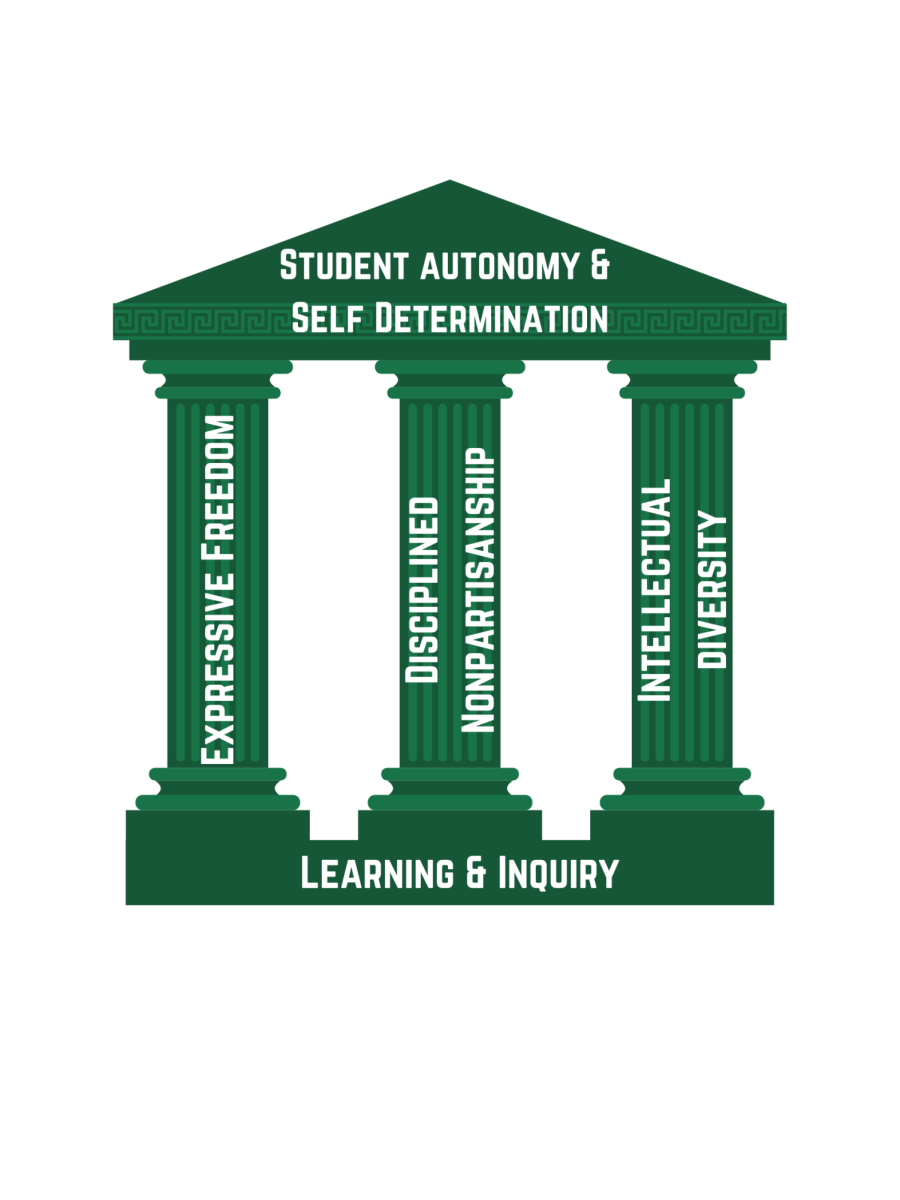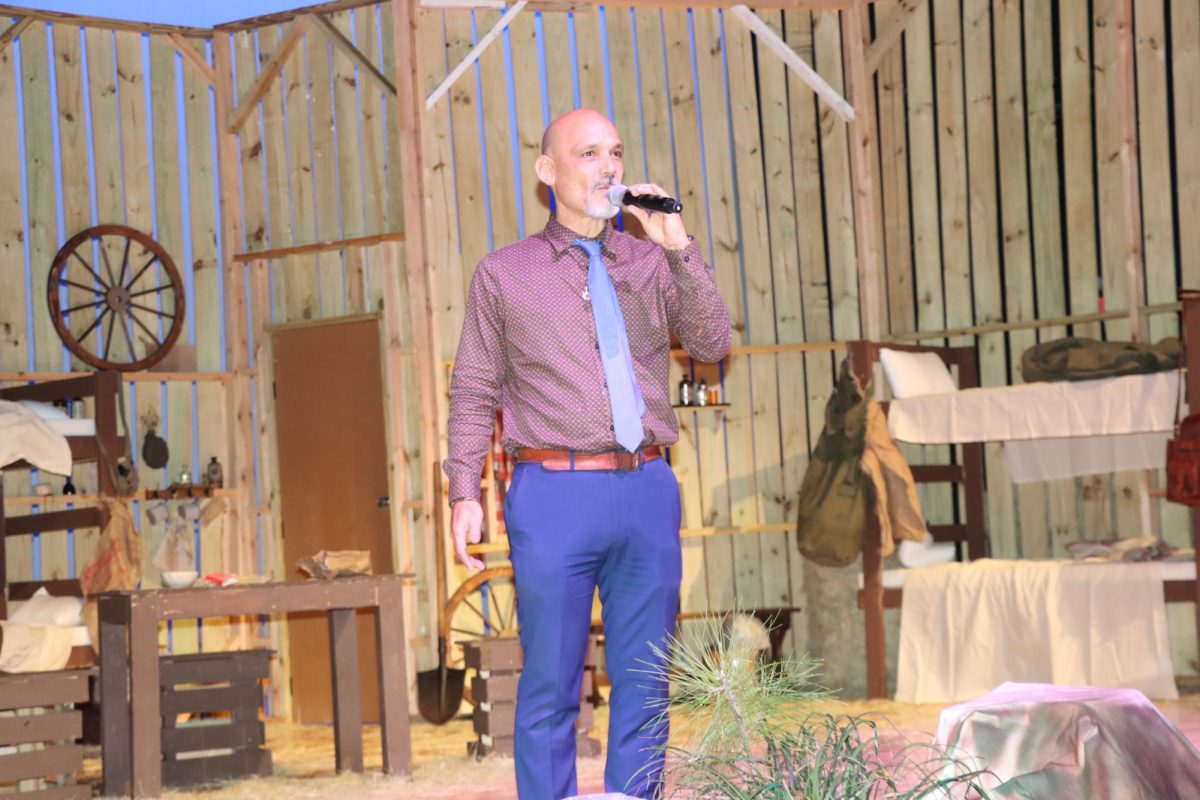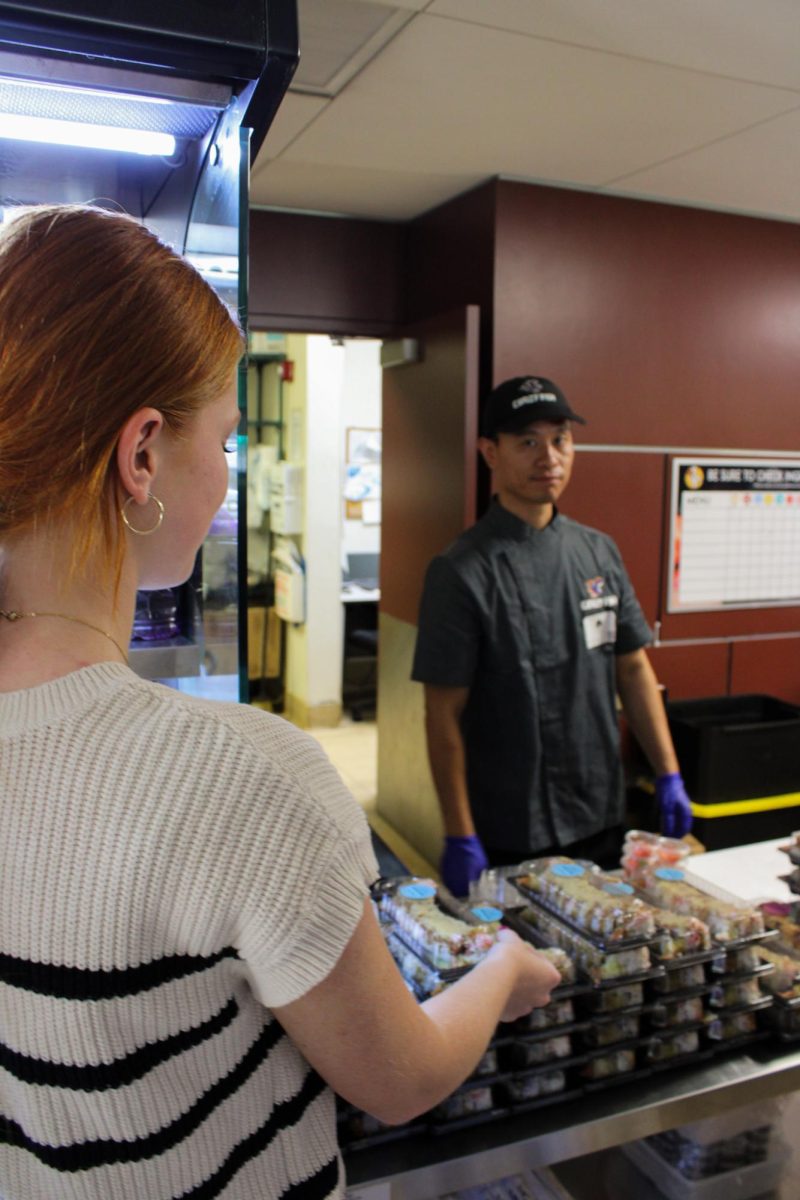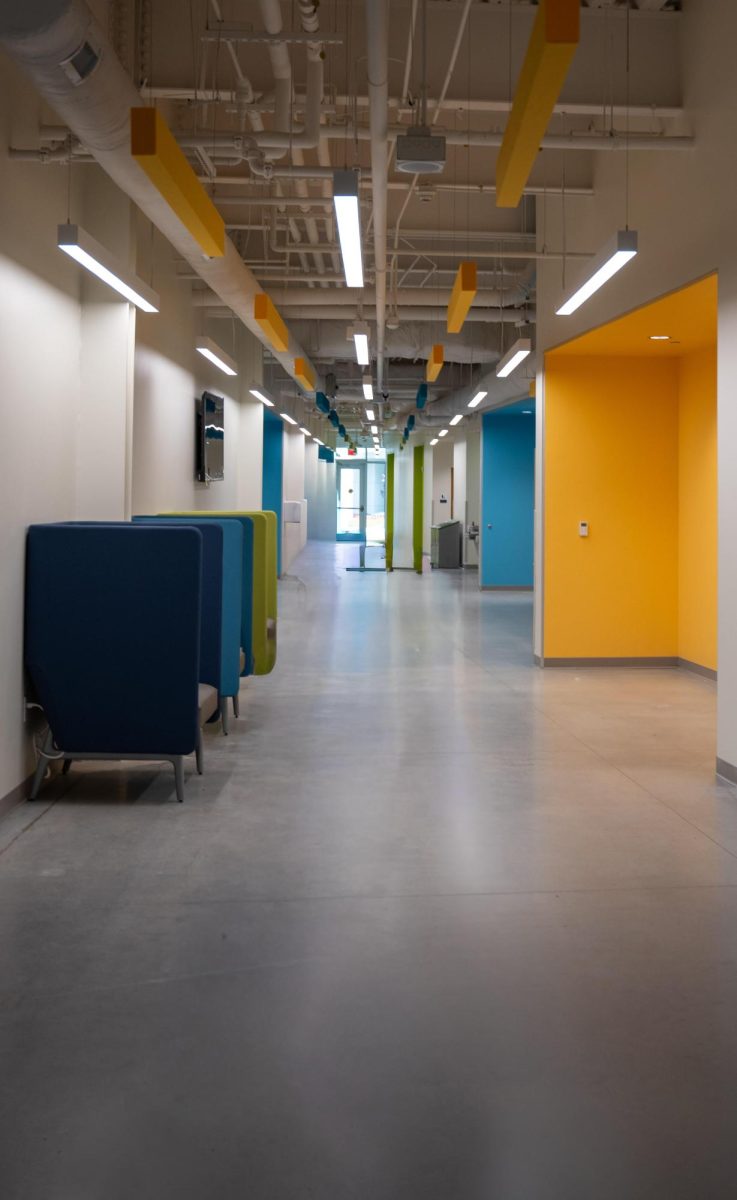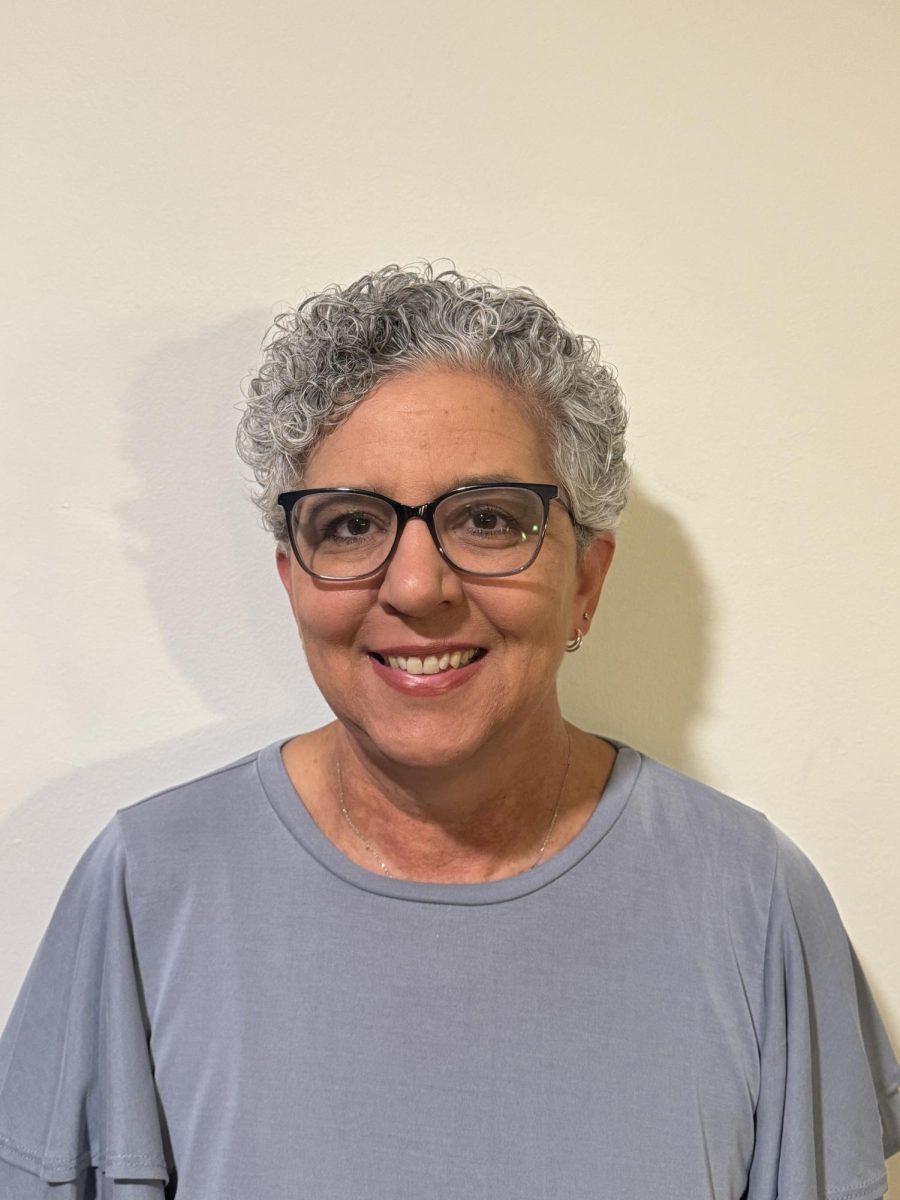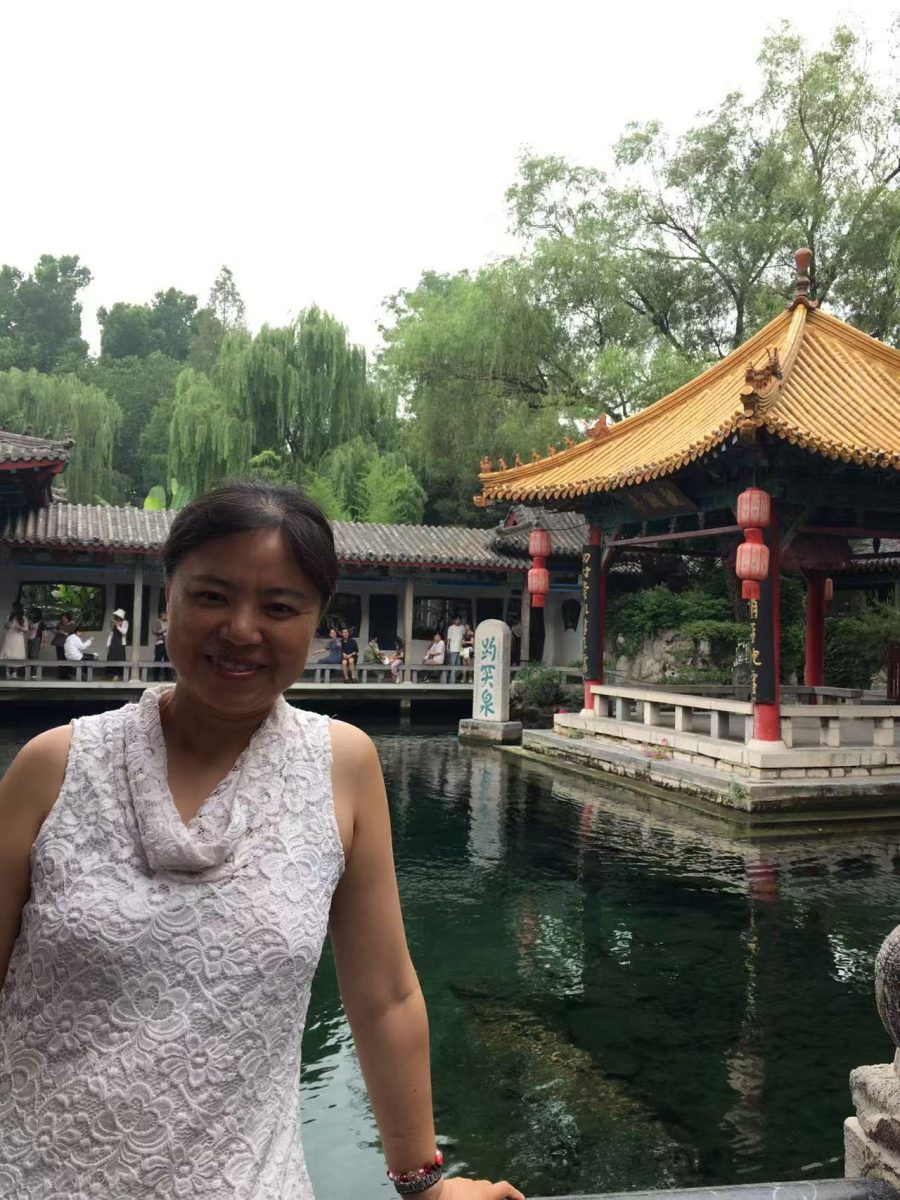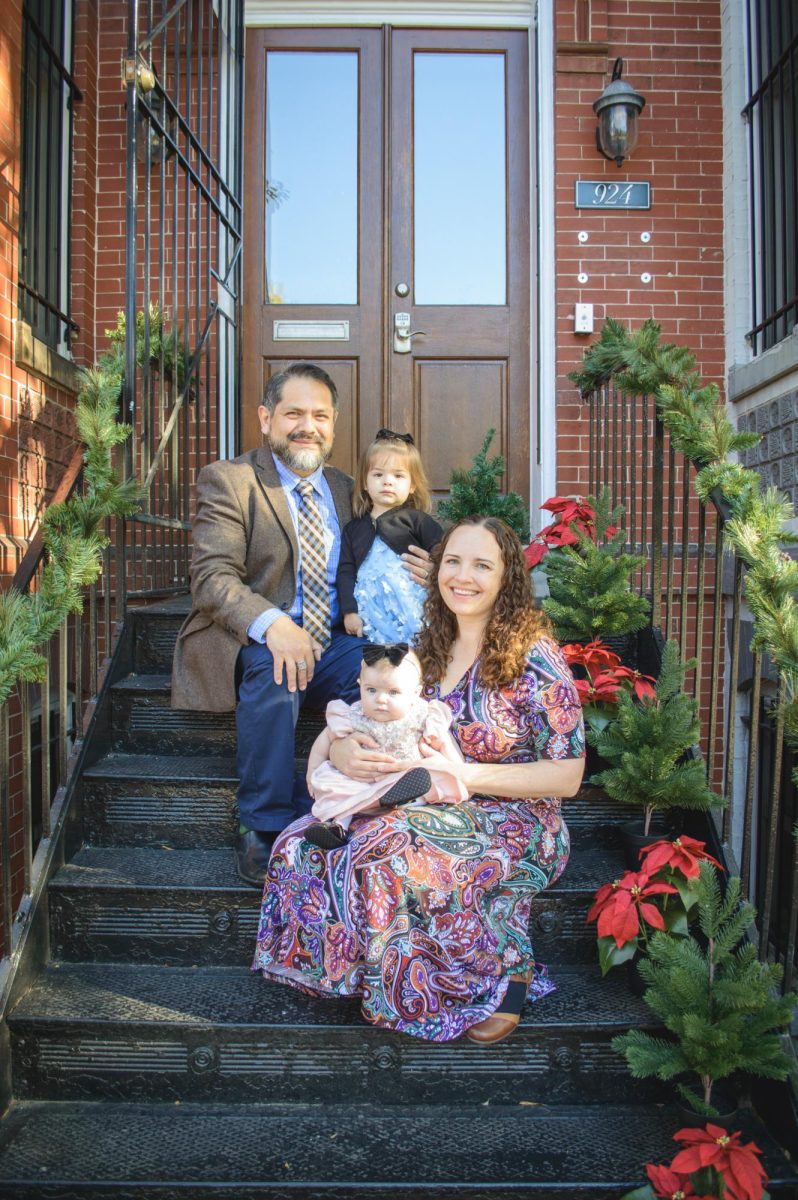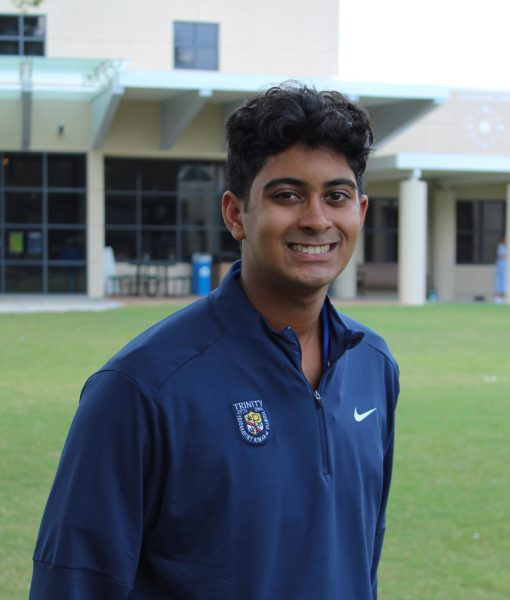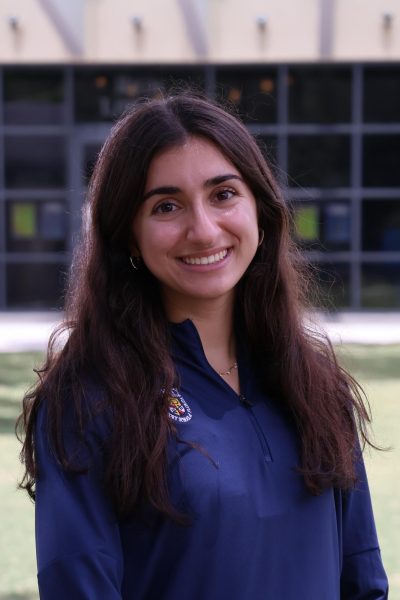With the 2024 election looming on the horizon, politics are at the forefront of citizens minds across the country. The classroom is no different, where administrators are bracing to walk a tightrope of promoting conversation while preventing division. In hopes of providing schools with a solution, headmasters across the country, including our very own Bryon Lawson, authored “Thriving in a World of Pluralistic Contention: A Framework for Schools.” The plan defines principles that secondary schools can utilize to create vibrant cultures of inquiry and curiosity, furthering discourse in a divided country.
“The levels of effective polarization are so entrenched and so deep at this particular moment in time, that I think it’s important for schools to think about how they can adopt approaches, strategies, norms and even curricula that can encourage political literacy, civic inquiry and constructive dialogue,” Deerfield Academy Head of School and lead author Dr. John Austin said.
The framework is not a uniform approach to solving these issues but a guide for open conversation and institutional reflection. It is structured into three key pillars: a commitment to expressive freedom, a commitment to disciplined nonpartisanship and a commitment to intellectual diversity.
“The framework is a place to start and school a vehicle to promote institutional community conversation,” framework Project Director Lee Levison said. “You’ve got something to work with and from and then you adapt it to what makes sense for your school.”
School communities are distinct with different cultures, rivalries and students. The framework’s pillars shape schools to be hubs for productive, fruitful discourse that does not silence but rather encourages conversation. Doing this is hard and requires a campus culture that values students first, above their opinions.
“You need to create an atmosphere of trust where people feel like they can contribute their own perspectives,” Austin said. “If my voice as a teacher and an authority figure works to constrain that, then I just need to be more careful about what I disclose and when I disclose.”
Within the classroom, teachers must maintain respectful and open dialogue between themselves and their students.
“I think my role is to sort of maintain balance and to maintain a level playing field in the classroom, which is really challenging if you don’t necessarily agree with the student,” fellow and social science teacher Quinn McKenzie said. “People have very strong feelings and it’s very tough to manage and mitigate those in an environment that is also free for people to explore.”
Students want teachers to act as neutral moderators of classroom discussion, offering their expertise without imposing personal beliefs and opinions.
“A teacher sharing their opinion does have some authority behind it,” senior Nikolas Polsinelli said. “They are an authority figure so there is a little bit of pressure to conform to that, which I know people don’t like. As long as it is presented in a way that they are just contributing to the discussion, not kind of dictating the discussion, I think it can still be important.”
Self-articulation is key for developing students, allowing them to not only reach their own conclusions and form their own opinions but also defend their beliefs in the classroom and beyond.
“The framework promotes courageous expression,” Austin said. “We want you to feel an ability to speak and ask questions even when they run against peer opinion or what’s commonly accepted.”
The ability to facilitate open and respectful discussion among students is a cornerstone of an effective education.
“To be a good liberal arts school is to get the students to be able to develop the ability to self articulate, defend, listen respectfully, if not intently, and then reformulate a position,” Lawson said. “That’s the job.”
Debate and discourse are fundamental pieces of the education puzzle. Being able to disagree with others, defend beliefs and possibly change minds is all part of learning and growing, and schools have a duty to allow it.
“We live in a republic that requires deliberative processes,” Levison said. “If you have an educational experience that gives you regular practice in being deliberative and zealously advocating for your view, it is not only important to do that but there are moments where your mind has changed.”
The framework provides guidelines for secondary schools to build and enhance environments that promote open discourse among students, ensuring that no one is afraid of sharing their opinions.
“I believe if schools can do [the framework] they’re going to graduate young people who are excited to learn, who have open curious minds and who are going to be able to engage deeply with others,” Austin said. “It will serve them well and it will serve our democracy well.”





